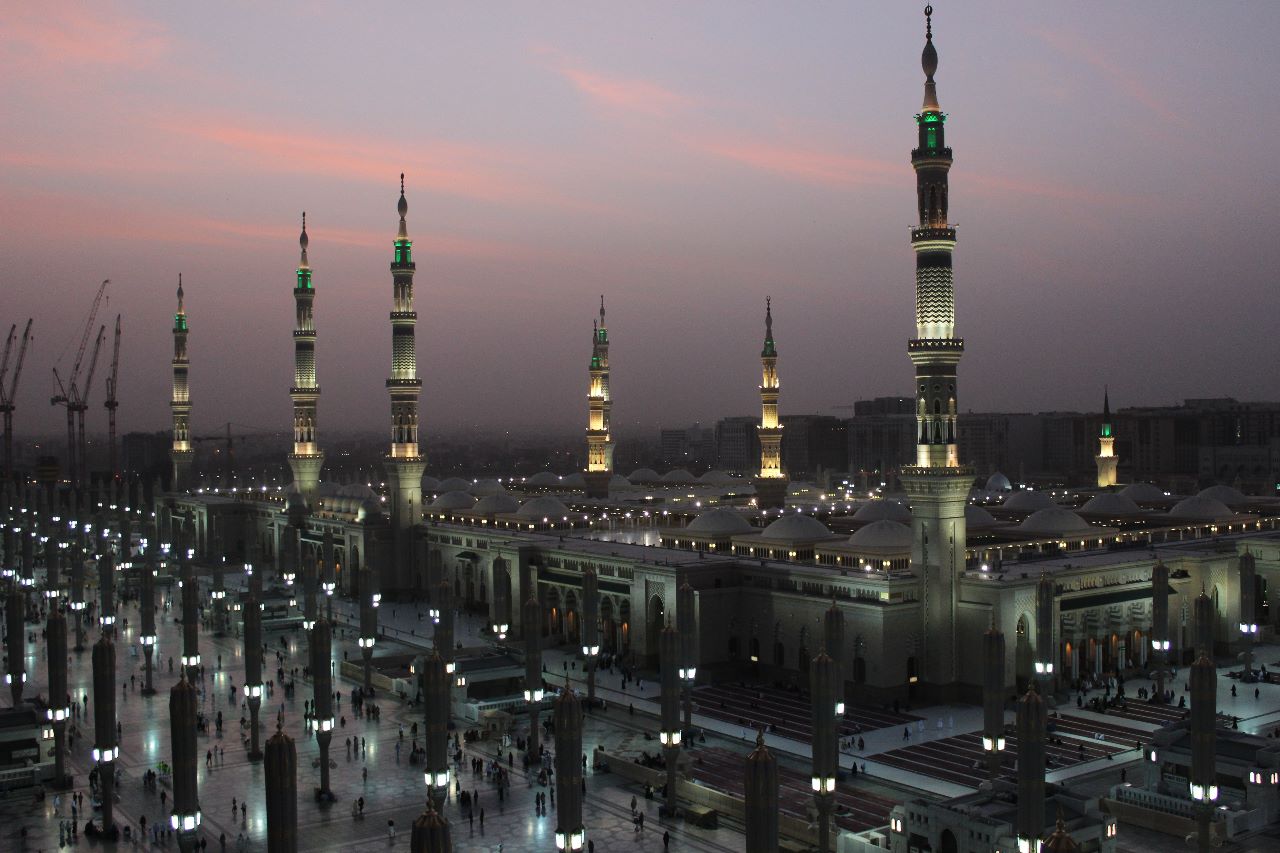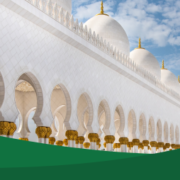
10 TIPS FOR RAMADAN (Part 1) :
The ninth month of the Islamic Calender, Ramadan, is considered the holiest among Muslims wherein they fast, supplicate, and donate generously.
Fasting is the fourth pillar of Islam and in Arabic, it is known as As-Sawm. It is a month of opportunities for Muslims to seek forgiveness and repentance for their sins, a time to devote oneself to prayer and establish a connection with Allah, and a month of unlimited blessings, offerings, and rewards for the whole Ummah.
Allah’s mercy, love, and blessings are constantly bestowed upon us throughout the year. However, there are certain occasions when Allah’s generosity is even more abundant. These special days and moments provide us with an even greater opportunity to seek Allah’s pleasure, forgiveness, and protection from the Hellfire. One such period is the blessed month of Ramadan, during which we can witness the fruits of Allah’s love and kindness.
In this blog, we will give you some tips for Ramadan :
Do not skip suhoor:
Skipping suhoor can have negative effects on the body. It can lead to energy deficiency, dehydration, and fatigue which may affect productivity during fasting hours. It is important to have a balanced and nutritious Suhoor meal to support the body’s needs during the fasting period and maintain overall health and well-being.
Do not overeat during iftar:
Usually at Iftar, we feast on high-calorie food loaded with fats and sugar. Overeating after long hours of fasting slows down digestion, often leading to bloating and indigestion. It can lead to heartburn, abdominal pain, vomiting, and diarrhea. All of these can lead to severe discomfort and distress during Ramadan. It is advised to eat small portions in intermitted intervals.
Keep yourself hydrated:
A simple and important way of staying hydrated during Ramadan is drinking enough water from the time of breaking fast till suhoor. Consuming less water and fluids during the non-fasting period can lead to dehydration during the long hours of fasting. Dehydration can cause dizziness and headaches, and can also affect overall health. It is advisable to consume enough water in small sips.
Get Enough sleep:
During the holy month of Ramadan, it becomes important to prioritize and maintain healthy sleep habits to ensure optimal physical and mental well-being throughout the month. Adequate sleep is essential for regulating the hormones that control appetite, which can have a significant impact on eating patterns and energy levels during fasting hours.
The Prophet (SAW) says, “Indeed, there is a gate of Paradise called Ar-Rayyan. On the Day of Resurrection, those who fast will enter through it, no one enters it except for them, and when they have entered, it is closed so that no one (else) enters it.” Sahih al Bukhari.
This is not it, we have some more tips for you in our next blog. Keep watching this space.



